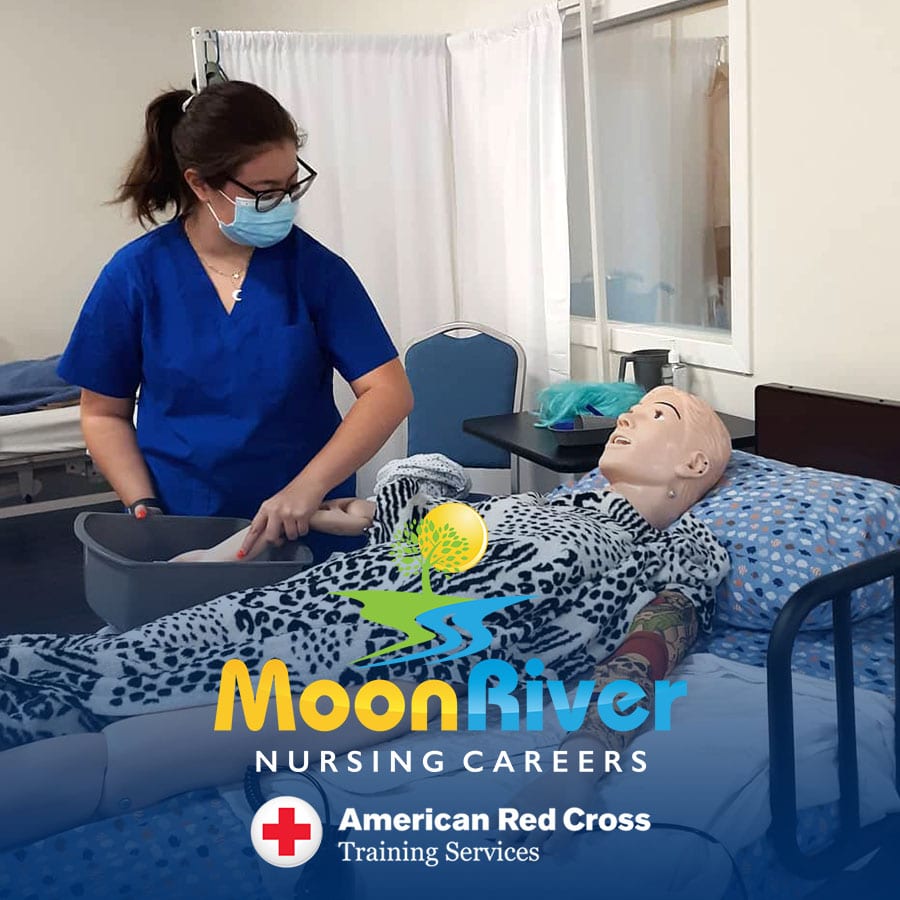Thinking About Becoming a CNA? Here’s What You Need to Know
A Certified Nursing Assistant (CNA) is a healthcare professional who provides basic care and support to patients in hospitals, nursing homes, and other healthcare facilities. CNAs work closely with nurses, and are responsible for tasks such as bathing, dressing, feeding patients, monitoring vital signs, and helping with mobility. A CNA is an essential position in any healthcare facility and is an extremely rewarding job that consistently impacts and improves the lives of patients.
As a CNA, it is crucial to possess excellent communication skills as you will interact with patients, their families, and other healthcare professionals on a daily basis. You must be able to explain procedures clearly and provide emotional support to patients. Being compassionate and empathetic towards patients and their families is also important. In addition, CNAs must be reliable, punctual, and possess a strong work ethic to ensure they can provide the best possible care to patients. If you possess these qualities, a career as a CNA may be right for you.

So, What Exactly do CNAs do?
CNAs have a wide range of responsibilities. They are often the healthcare providers the patient sees the most. Their tasks will vary based on the facility, but will mainly consist of duties as described above. They may also help patients with exercises and other activities to help them maintain their strength and mobility. CNAs also provide emotional support and comfort to patients and their families and communicate with other healthcare professionals to ensure that patients are receiving the best possible care.
How Can I Become a CNA?
Becoming a CNA requires that individuals complete a state-approved training program and pass a certification exam.
In Virginia, the Nurse Aide Training Program consists of 120 hours of education. This includes 30 hours in the skills lab and 40 hours of clinicals working with patients at a long term care facility. Upon successful completion of the course students are prepared to pass the National Nurse Aide Assessment (NNAAP).
Skills You Will Learn During Your Training
- Hand Hygiene (Hand Washing)
In training to become a CNA, you will learn how to properly wash your hands, with proper technique, time, and drying to ensure that your hands are clean. - Assist to Ambulate Using Transfer Belt
Being able to properly use a transfer belt is a key skill for a CNA. This includes knowing how to properly assist clients when transferring them from a bed to a wheelchair. - Donning and Removing PPE (Gown and Glove)
Avoiding contamination and safety is one of the main priorities of a CNA. Because of this, you will be trained in properly removing PPE, such as a gown and gloves. - Feed Patient Who Cannot Feed Self
Feeding a patient will consist of communication, safety and hygiene, meal service, and post-meal cleanliness. - Positions on Side
As a CNA, you will be trained in proper client positioning techniques to ensure safety and comfort. - Provides Mouth Care
Executing and maintaining a clean technique will consist of duties such as applying toothpaste, cleaning the mouth, and rinsing and drying the toothbrush and basin. - Measure and records manual blood pressure
As a CNA, measuring and recording blood pressure will be a regular part of your job. During your training, you will become proficient in using the stethoscope and recording the systolic and diastolic pressures.
What Can I Expect After Becoming Certified?
After passing the NNAAP, you may choose to work in a hospital, retirement home, or assisted care facility. There are many other options where CNAs are needed including memory care, group homes, hospice and home health. Once you begin working, you may even find that there is a specific healthcare path you want to pursue.
As for your workday, CNAs’ hours vary based on where they choose to work. Typically, CNAs have 12-hour work shifts, which means they will work four days a week instead of five. However, it is also common for CNAs to work the standard eight-hour workday five times a week. Home Health offers flexible hours for those looking for a work-life balance.
Looking Forward
While a CNA position is a valuable job opportunity, for many individuals it serves as a stepping stone toward a career in nursing or other healthcare fields.
Some possible options include:
- Advancement to a higher level of nursing
A CNA can also work towards becoming a Licensed Practical Nurse (LPN) or Registered Nurse (RN) by completing additional education and training. - Preparation for medical school or physician assistant school
Most schools require patient care experience before acceptance. Working as a CNA will provide valuable experience and knowledge about many different medical conditions.
So, Where do I Start?
Moon River Nursing Careers is an accredited school in Ashburn, VA approved by the Virginia Board of Nursing. In partnership with American Red Cross, we are now offering new classes every month. The Nurse Aide training uses a blended training approach that includes online instruction and in-person training. The online training can be done from your home at a time that is convenient for you and you can start online as soon as you are accepted to the class. Students must reside in the United States and be able to attend the skills lab sessions and clinicals in Northern Virginia.
If you need financial assistance in paying for the course, there is some federal funding available. We also offer a payment plan to pay for the course. Please request an appointment online or call/text Julie at (703) 801-1180 to learn more about how to begin your journey to become a certified nursing assistant (CNA). We look forward to hearing from you!
Need a refresher course to renew your certification? Click here.
Upcoming Nurse Aide Class: February 6 – March 3, 2023
You will need to make an appointment to come to our skills lab to register for the course.






